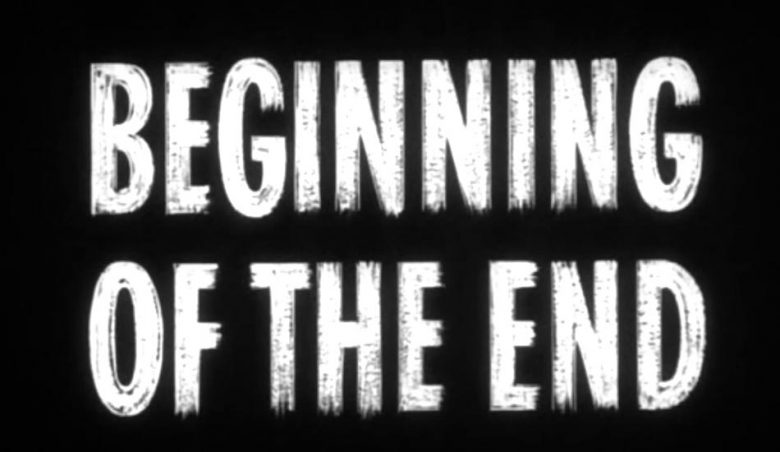When I showed the Military Commission article on The Register to one of my friends yesterday he said that it’s a sign of things to come here in the UK. I disgreed because in the UK we do have an effective parliament and safeguards in place. The government might try and instigate the likes of the Legislative and Regulatory Reform Bill but they have so far, and I hope always will, fail.
Another perfect example of how this is the case is when the detention without trial idea was suggested only to be scrapped because it is against human rights laws. It’s ironic that it was this Labor government that passed the Human Rights Act in 1998 and now things they are trying to get through are being blocked because of it! I’d like to think that anything similar to this in the future will meet the same fate and our judicial system will ensure that even if something suspect does come into force, it doesn’t have much of an impact upon the freedoms we take for granted.
And I’m glad the Lord Chief Justice thinks along the same lines.







